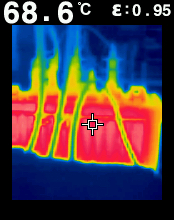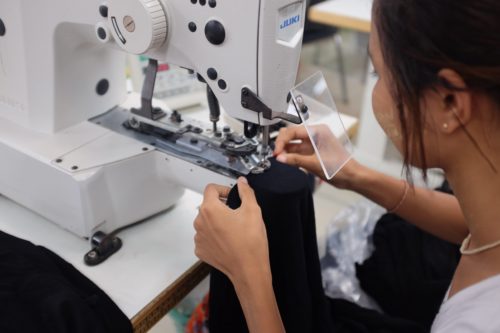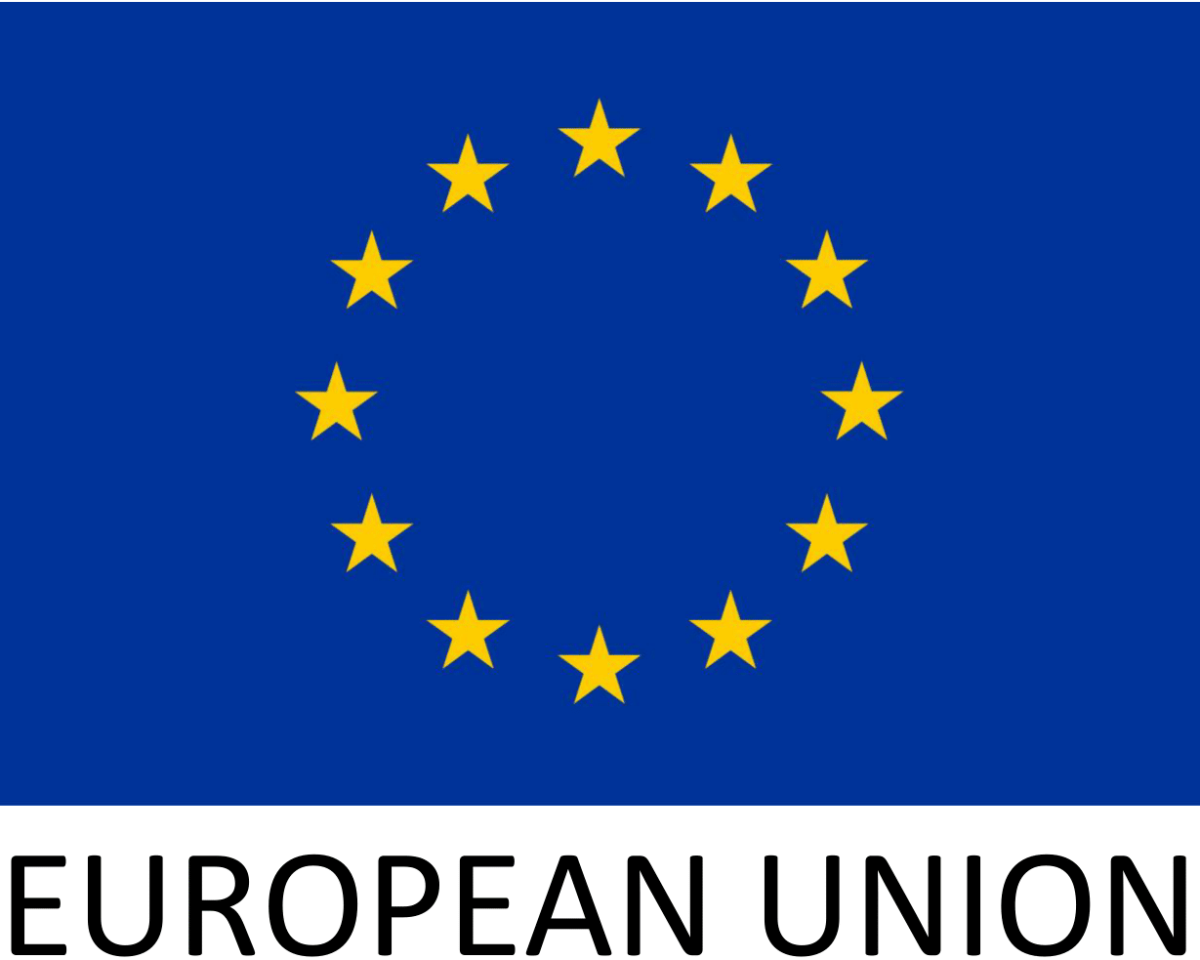SMART Myanmar's 2nd project phase started in January, 2016. During the course of the year the project was pleased to see increased interest from factories in the project's core training programs. In particular, SMART's nine person technical team delivered:
• 14 SMART Social Compliance Academies (long duration on-site program for medium and large sized factories)
• 7 SCORE programs (long duration on-site program for smaller factories)
• 3 HR Management Labs (3 days workshop on garment factory HR topics)
• 10 SMART Energy Efficiency Assessments (on site program featuring an AS/NZ 3598.2 energy audit and energy reduction report)
In addition to these factory programs, SMART Myanmar hosted numerous special training events and workshops, in particular, seminars on ZDHC and wet processing with partner Made-by, supporting the MGMA's social compliance awards dinner and special training modules on workplace communications, occupational health and safety and environmental management.
Altogether, SMART Myanmar had approximately 150 garment factories participate in on-site training modules, workshops or attend events related to environmental management and workplace safety and health.
"Especially salary and attendance systems were improved during the SMART Social Compliance Academy™. We hope that can improve the workers' satisfaction. We can avoid staff turnover and strikes. Regarding child labor prevention and young worker protection, we can fully prevent child labor now and hope to go this way in the future. We have some weaknesses in the field of health and safety. We need to provide training for the workers to raise their awareness on health and safety. We really want them to work in a good situation because the more improvements on their performance, the more profits for our business, this is the benefit for both sides.” Factory owner from one of SMART's 2016 academies.
Beyond the factory programs, SMART's implementing partners ADFIAP and Made-by were able to conduct 3 weeks of financial services trainings with managers from two dozen local banks, and assess the environmental sustainability criteria within public procurement procedures in Myanmar. Implementing partner AVE was able to begin more intensive capacity building with the project's local partner, the Myanmar Garment Manufacturers Association.
All major targets were achieved in 2016 and the project team is powering forward into 2017 with higher goals.












